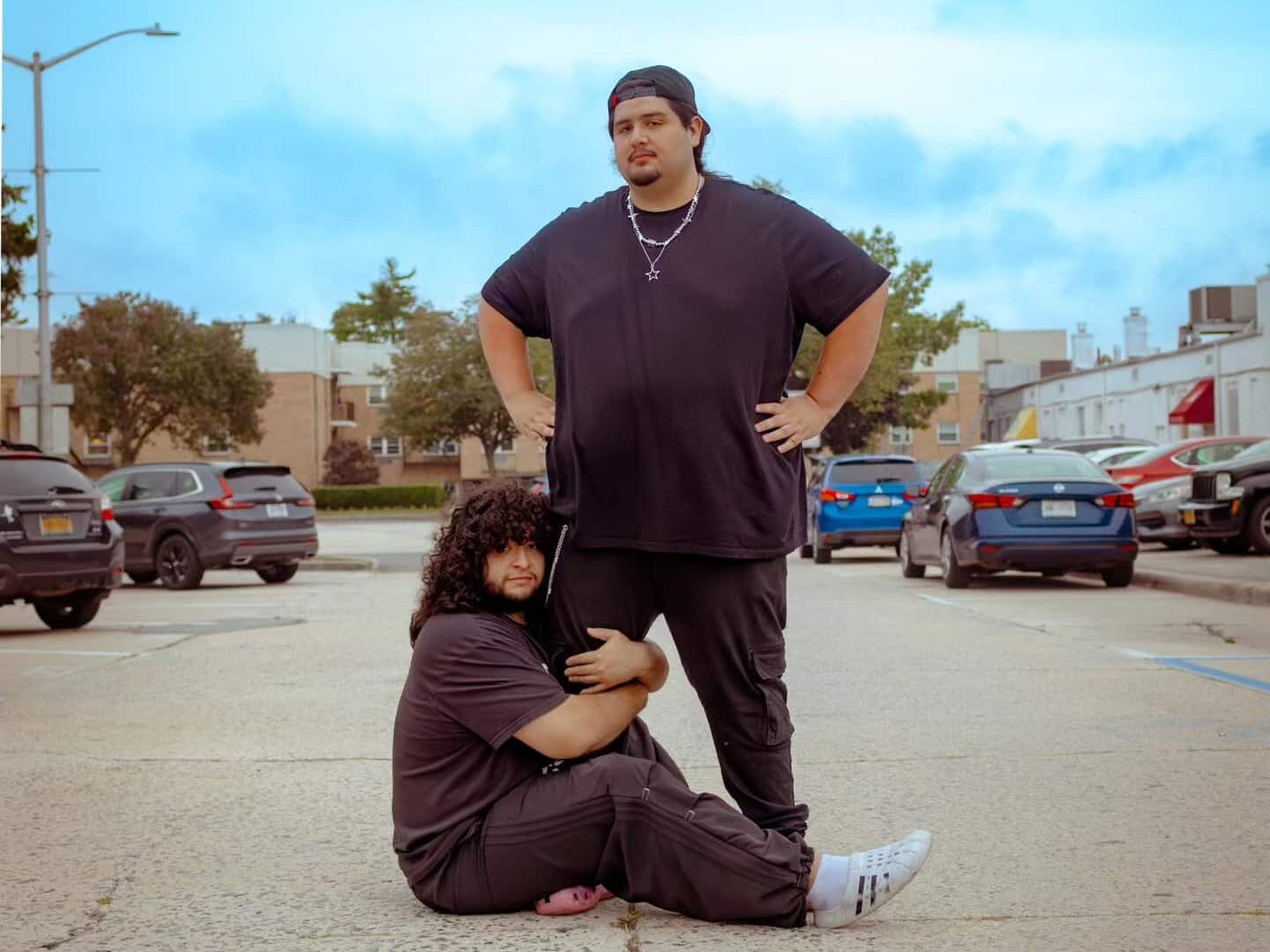Swift’s reunion with Max Martin and Shellback was pitched as a return to hit-making form, and in a vacuum, those names still carry weight. But on Showgirl, they sometimes feel more like a coat of varnish than structural support. To be fair, though, that leaves Swift’s songwriting centre stage, and there’s no denying many of these tracks demand repeat listens; however, it’s an album that may struggle to pull many back in with the same emotional urgency as The Tortured Poets Department or Folklore. And its sheen seems to mask a deeper problem: the songs don’t quite stick despite their catchiness. Rather than redefining a new era, The Life of a Showgirl is entertaining, impressive in parts, but in many ways it also misses the mark.
Listening to Showgirl, I return to the fact that Swift wrote this on the fly, slipping off from the Eras Tour and recording in Sweden between concerts. That urgency shows, yet it yields many hit or miss moments. At times, Showgirl is translucent – Swift’s lyricism still shines – yet there are too many tracks that feel as though they could have been sculpted with more time.
Take “Father Figure”, for example, a high-profile interpolation of George Michael. The sample is subtle, the echo faint, and the chorus leans toward the vague rather than the gripping. The original’s weight (“I will be your father figure”) is diluted, and Swift’s version never quite leans into the darkness she might have mined. “I’ve got a bigger dick than you,” she sneers – a line that lands with real shock value. The interpolation is barely perceptible though, and while the attitude is refreshing, it’s not enough to carry the track beyond novelty.
That said, when the album veers towards other nostalgic impulses – or leans into unfamiliar territory – it often surprises for the better. “Wood” is one of those moments. Here, Swift channels Jackson 5 and Stevie Wonder, and that energy – free, bold, unafraid – suggests Showgirl might have thrived with more targeted experimentation. Then there’s “Actually Romantic”, a fuzzy, guitar-driven standout that evokes Weezer’s grungy, slacker charm. We hear a version of what Swift could do when unguarded; yet much of it is surrounded by too much middle-of-the-road pop that doesn’t quite build momentum.
And while some theorize Showgirl is a spiritual sibling to Reputation, I see more affinity with Lover – not least in the pastel romanticism and occasional swing toward theatricality. On “Opalite”, Swift declares, “This is just a temporary speed bump / but failure brings you freedom / and I can bring you love,” evoking Lover’s “Paper Rings”. The song may well have school-dance potential years from now, but in Swift’s hands here it drifts without more anchors in the set. Other tracks like “Eldest Daughter” – a companion piece to “Father Figure” – recall the depth of Folklore and evermore, and these two together carry the weight of the record.
The latter half of The Life of a Showgirl is stronger across the board. “Ruin the Friendship” drifts in like a Dessner outtake coated in Martin’s shimmer, floating by on pillowy synths and an understated hook. It doesn’t reach the raw heights like some of TTPD, but it doesn’t try to – and perhaps that’s why it works. There’s a lightness to these final tracks that suggests Swift is less interested in making grand statements and more concerned with capturing fleeting feelings.
Much like Gaga’s Mayhem, this album feels more like a retrospective collage than a forward-looking declaration. The photo rollout – high glam, theatrical, larger-than-life – feels misaligned with the subdued track list. But underneath the sequins, Swift is once again reflecting on identity, performance, and the emotional debris that lingers after the spotlight fades.
Still, the album raises a nagging question: did we really need this one? Coming so soon after the sprawling TTPD, Showgirl feels like a quick pivot – an attempt to recalibrate and reclaim. There’s plenty to admire of Swift – her voice, her curiosity, her ability to mine emotional nuance – but that’s been true of every Swift era. What’s missing here is the glue. Similar to Red, some tracks just don’t mesh.
Perhaps the record is better viewed not as the next chapter, but a pause between acts: a chance to play with form, to let some songs drift into the aether, and to remind us that even showgirls need an intermission. There’s a buoyancy and lightness here that’s undeniable and compelling. But with expectations sky-high and collaborators as legendary as Martin and Shellback in tow, The Life of a Showgirl ultimately feels like a dress rehearsal for something greater.

 2 weeks ago
14
2 weeks ago
14


















 English (US) ·
English (US) ·